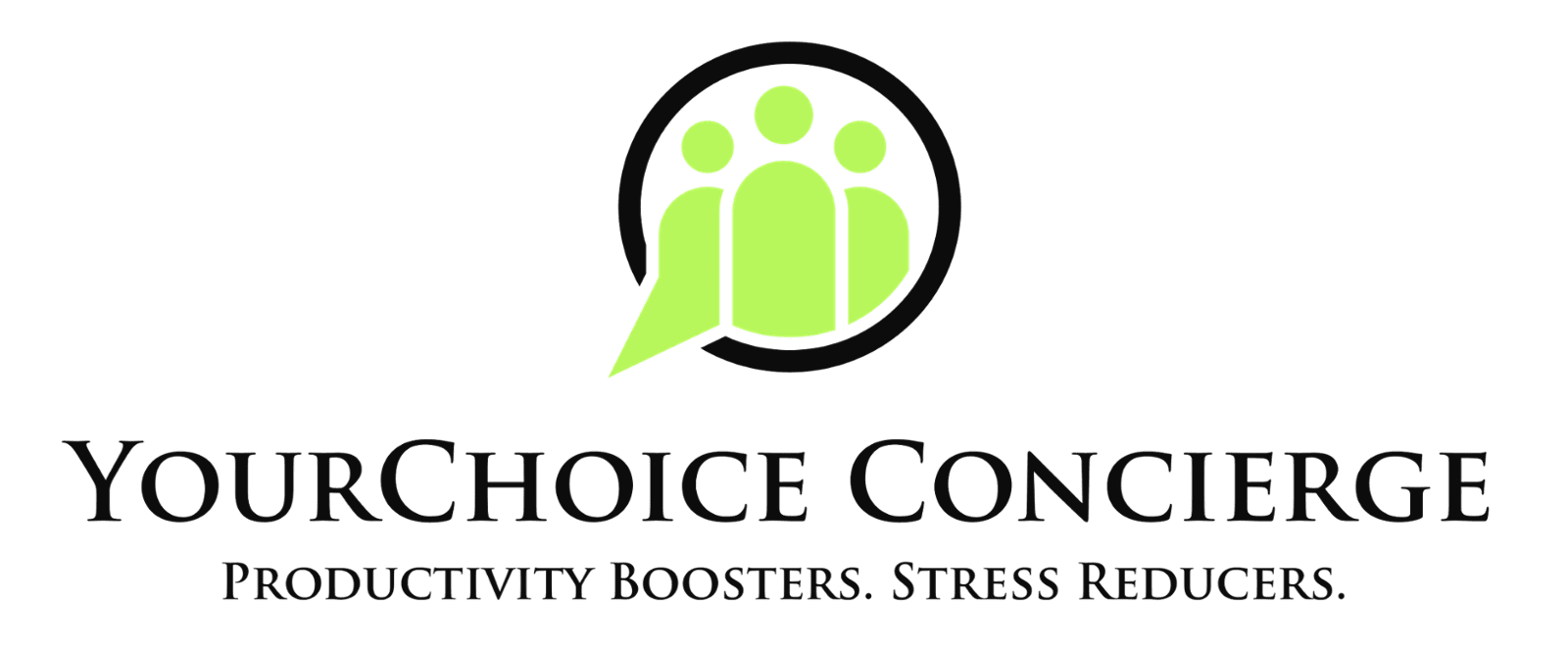Embracing Imperfection: How Letting Go of Perfectionism Boosts Productivity and Reduces Stress
Have you ever second-guessed a decision, held off starting a project, or obsessed over every tiny detail before putting your work out into the world? If so, you're not alone—and this blog is for you. We’re diving into a topic that affects so many of us: perfectionism—and more importantly, how embracing your imperfections can actually unlock greater productivity, reduce stress, and lead to a more authentic, fulfilling life. Whether you're a recovering perfectionist or just now realizing perfectionism might be holding you back, keep reading. You're about to learn how to take control and move forward with confidence.

What Is Perfectionism?
Perfectionism is often misunderstood. It’s not the same as striving for excellence. Rather, it’s a mindset rooted in fear—fear of failure, judgment, or not being "enough."
Psychologists define perfectionism as the tendency to set unrealistically high standards and harshly judge oneself when those standards aren’t met. This constant pressure creates a destructive cycle that affects mental health and daily productivity. Read more about perfectionism and mental health on Psychology Today.
How Perfectionism Hurts Productivity
You may not realize it, but perfectionism and productivity are deeply connected—and not in a good way. Here’s how perfectionism sabotages your progress:
1. Procrastination in Disguise
Perfectionists often delay starting tasks because they feel everything needs to be “just right” before they begin. You might spend weeks tweaking a website layout or logo without ever publishing your blog. That’s procrastination disguised as preparation.
2. Paralysis by Analysis
Endlessly editing and overthinking? That’s another hallmark of perfectionism. For example, spending an hour perfecting a simple email that should take 10 minutes. The result? Lost time, decreased output, and stalled momentum.
3. Fear of Failure = No Action
Fear of criticism keeps perfectionists from launching new ideas. Instead of collecting feedback and improving, they avoid action altogether—leading to missed opportunities.
4. Avoiding Growth Opportunities
Unless they’re certain they can succeed flawlessly, perfectionists often avoid trying new things. Turning down speaking opportunities, promotions, or collaborations means passing up chances to grow and shine.
5. Poor Prioritization
When everything feels important, it’s hard to focus. Perfectionists may spend time reorganizing their desktop or color-coding a to-do list—tasks that feel productive but don’t move the needle.
6. Refusal to Delegate
At YourChoice Concierge, we see this all the time. Clients come to us overwhelmed and reluctant to hand off tasks. But once they do, they realize: things don’t have to be done only by them to be done right. Delegating boosts productivity and reduces stress—big time.

How Perfectionism Increases Stress and Anxiety
1. Constant Self-Criticism
Perfectionists often treat minor mistakes as major failures. An email typo becomes a source of shame. This negative self-talk fuels anxiety and erodes self-esteem.
2. Never Feeling Good Enough
Even after achieving success, perfectionists quickly pivot to what could’ve been done better. This constant dissatisfaction keeps joy and pride at bay.
3. The Need to Impress
Trying to appear flawless leads to stress in everyday situations—like overthinking casual conversations or obsessing over social media posts.
4. Toxic Thought Cycles
Perfectionism creates stress-inducing loops:
Fear → Avoidance → Guilt → Stress
High Expectations → Dissatisfaction → Anxiety
Overdoing → Burnout → Resentment → Exhaustion
None of these lead to a happy or productive life.
Strategies to Embrace Imperfection and Increase Productivity
The good news? You can break the cycle. Here are proven strategies to help you embrace imperfections and thrive:
1. Adopt a Growth Mindset
Believing that your skills and intelligence can grow with effort is powerful. It shifts your focus from appearing perfect to actually evolving. Learn more about the growth mindset from Carol Dweck's research.
2. Set “Good Enough” Goals
Define your Minimum Viable Product (MVP) before you begin. For instance, instead of building the perfect website, launch with a basic landing page.
Try the 80/20 rule: Focus on the 20% of actions that yield 80% of the results. Let go of the rest.
3. Practice Self-Compassion
Speak to yourself like you would a friend. Would you call your friend "dumb" for a small mistake? Of course not. Use mantras like:
“Done is better than perfect.”
“I am allowed to be a work in progress.”
Read more on the science of self-compassion here.
4. Celebrate Small Wins
Keep a “wins journal” where you jot down one thing you’re proud of each day. Share your progress with a trusted friend or accountability partner.
5. Limit Revisions
Give yourself a 2-edit rule. After two rounds of edits—send it. Or use a timer: “30 minutes to revise, then I’m done.” This keeps you from spiraling into endless tweaking.
6. Declutter Your Space & Mind
Try tools like the Eisenhower Matrix or Ivy Lee Method to prioritize tasks. Also, clean your workspace—a tidy environment supports clear thinking and faster execution.
7. Reframe Failure
Failure isn’t final—it’s feedback. Try this 4-step process:
Pause and acknowledge what happened.
Detach your identity from the outcome.
Ask reflective questions like “What did I learn?”
Create a learning statement: e.g., “This taught me to start earlier next time.”
And talk about your failures! Normalizing them reduces shame and builds connection.

Final Thoughts: Let Go to Grow
Letting go of perfectionism isn’t about being careless—it’s about releasing pressure and making room for growth, clarity, and joy. Remember:
Perfection is a myth.
Authenticity builds trust.
Progress > Perfection.
Action creates clarity.
So, keep showing up—imperfectly but powerfully.
If you're ready to stop doing it all alone and delegate with confidence, YourChoice Concierge can help you reclaim your time and peace of mind. Whether it’s personal errands or small business support, we specialize in getting things done—without the stress of perfection. And follow us on Instagram, LinkedIn, and Facebook for more tips on productivity, mindset, and personal growth
